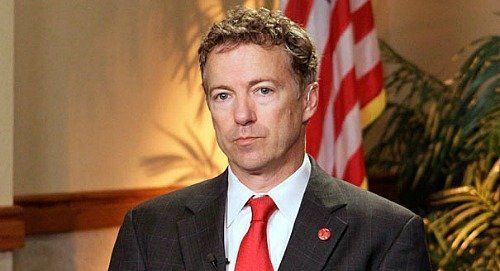Switzerland and the U.S. have put to bed a decade-long tax imbroglio. The move brings the U.S. into line with Switzerland's 2009 concession to pursue tax avoiders as fiercely as it does outright cheats.
Switzerland and the U.S. agreed on a renewal of a double-tax agreement after a Senate holdout finally gave the deal his approval, the Swiss government said in a statement. Rand Paul, a Republican from Kentucky, had long stalled the deal, citing concerns over Americans' privacy.
The changes to the 1996 double-tax pact were agreed in 2009, at the peak of a bitter fight over tax between Switzerland and the U.S. which ultimately cost the Swiss banking industry roughly $10 billion to set aside. Since then, thousands of sets of confidential Swiss client data were delivered to American authorities, who were hunting tax dodgers and cheats. U.S. officials have also pushed through additional regulation – FATCA, or the Foreign Account Tax Compliance Act – to get at Americans with hidden offshore accounts.
Data-Swapping Expanded
The crux of the tax deal lies in a data-swapping mechanism: American officials have the right to information on alleged tax offenses from September 2009. It also lifts the distinction between tax avoidance and outright tax fraud – which Switzerland did away with ten years ago and already hews to with more than 100 other countries.
In practice, this means the Internal Revenue Service can submit group requests to Swiss tax officials on tax avoiders going further back. The previous threshold under FATCA only went as far back as June 2014. The deal also frees American taxpayers who draw dividends from Swiss third-pillar pensions from source tax.


































